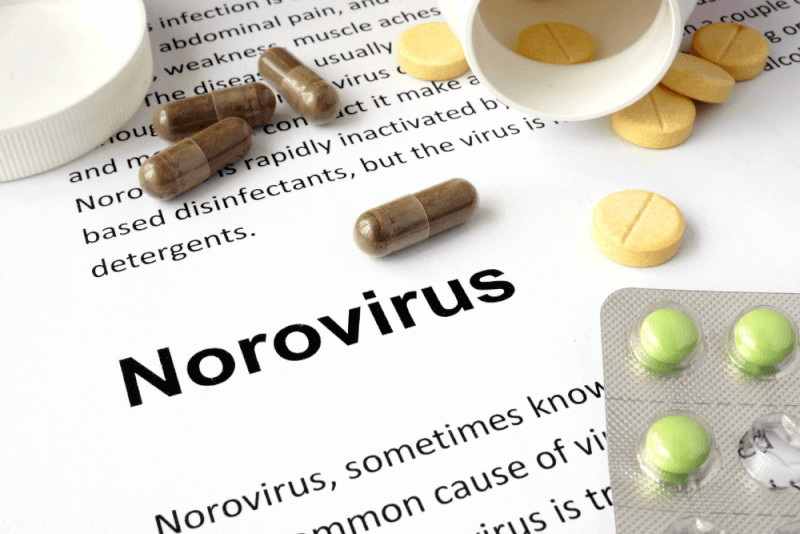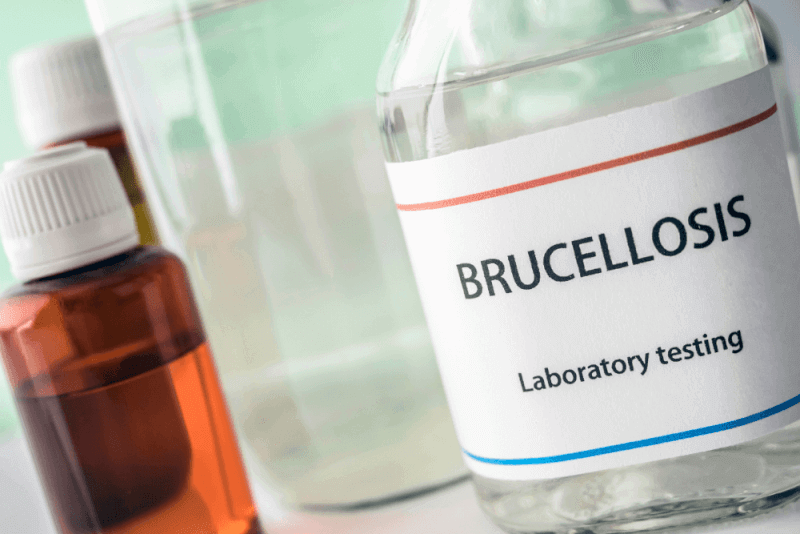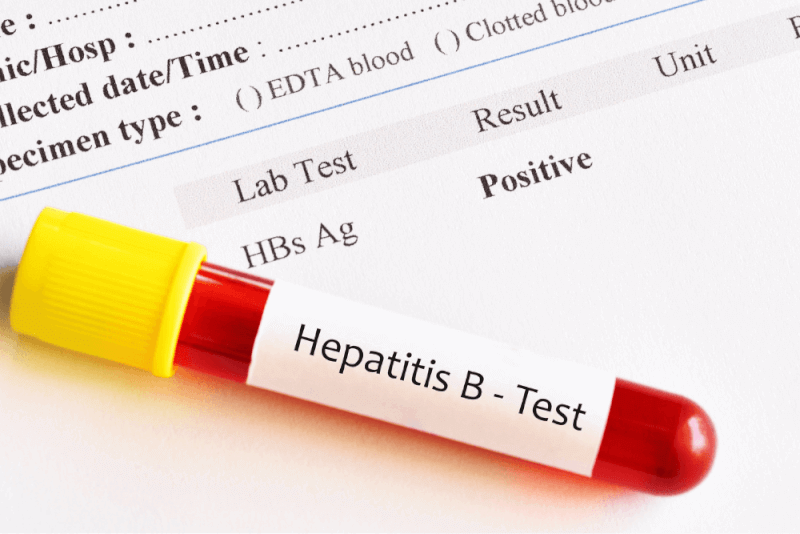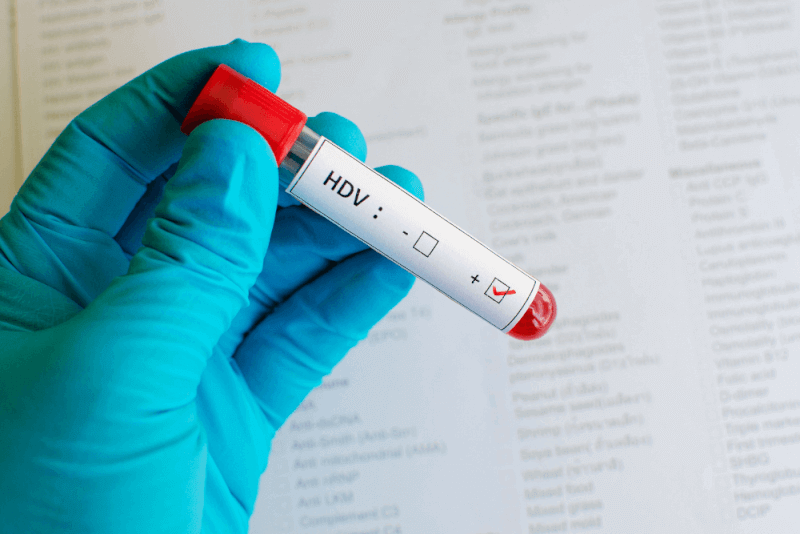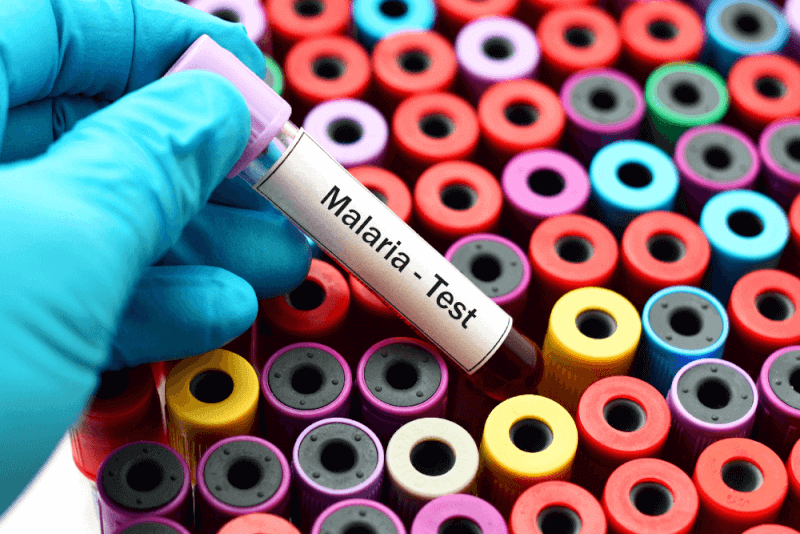30-Second Summary
- It is usually spread through contaminated food, water, and surfaces during preparation. It can also spread through close contact with a person infected with norovirus.
- Symptoms due to infection usually begin 12 to 48 hours after exposure to the virus. The symptoms of infection last between 1 to 3 days. A significant portion of patients recover within 1 to 3 days without any treatment.
- Noroviruses, which are highly contagious, spread through feces and vomit. The virus continues to spread from the onset of symptoms until a few days after recovery.
- There is no specific treatment method for the infection. Recovery generally depends on the health of the immune system.
What is Norovirus?
Symptoms of norovirus infection start suddenly. Its characteristic symptoms include severe vomiting and diarrhea. It is usually spread through contaminated food, water, and surfaces during preparation. It can also spread through close contact with a person infected with norovirus.
Symptoms due to infection usually begin 12 to 48 hours after exposure to the virus. The symptoms of infection last between 1 to 3 days. A significant portion of patients recover within 1 to 3 days without any treatment.
The infection may cause severe dehydration in certain groups, including young children, elderly adults, and individuals with other health issues, requiring medical intervention.
The infection commonly occurs in closed and crowded environments. Therefore, hospitals, nursing homes, childcare centers, schools, and cruise ships are high-risk areas.
Causes of Norovirus
Noroviruses, which are highly contagious, spread through feces and vomit. The virus continues to spread from the onset of symptoms until a few days after recovery. It can survive on surfaces and objects for days or even weeks.
Symptoms of Norovirus Infection
Symptoms of norovirus appear 12 to 48 hours after exposure. Even after recovery, the virus may continue to be present in stool. This can persist for weeks or even months in individuals with other medical conditions. Some people infected with norovirus may not show symptoms, yet they can still spread the virus. Common symptoms of norovirus infection include:
- Nausea
- Vomiting
- Stomach pain or cramps
- Watery and loose diarrhea
- Feeling unwell
- Low-grade fever
- Muscle aches
Diagnosis Criteria for Norovirus
Norovirus infection is typically diagnosed based on symptoms. However, it can also be detected through stool samples. In individuals with weakened immune systems or other medical conditions, stool tests may be recommended to confirm the presence of norovirus.
Treatment Methods for Norovirus
There is no specific treatment for norovirus infection. Recovery generally depends on the health of the immune system. Most people recover within a few days. Maintaining hydration is crucial during recovery.
Oral rehydration solutions may be used. If fluid intake is insufficient to prevent dehydration, intravenous fluids may be necessary. Over-the-counter medications for diarrhea and nausea can also be taken.
How Does Norovirus Spread?
Norovirus spreads through the following ways:
- Consuming contaminated food
- Drinking contaminated water
- Touching a contaminated surface or object and then touching the mouth
- Close contact with a person infected with norovirus
Noroviruses are highly resistant to heat, cold, and disinfectants, making them difficult to eliminate.
Complications of Norovirus
Norovirus can cause extreme fatigue in patients due to vomiting and diarrhea. When the body cannot retain nutrients, dehydration becomes a serious risk. Symptoms of dehydration include:
- Less frequent urination
- Dark-colored urine
- Dry mouth
- Fatigue
- Dizziness
- Headache
How to Prevent Norovirus?
Since norovirus infection is highly contagious and has multiple strains, it is possible to get infected multiple times. Preventative measures include:
- Wash hands with soap and water for at least 30 seconds after using the toilet, changing diapers, preparing food, and before eating.
- Avoid contaminated food and water, including food prepared by an infected person.
- Wash fruits and vegetables before eating.
- Cook seafood thoroughly.
- Disinfect potentially contaminated surfaces using gloves and a chlorine-based bleach solution or disinfectant.
- Eat only cooked food while traveling.
To prevent the spread of norovirus, precautions should be taken during the illness and for 2-3 days after symptoms subside, including:
- Avoid contact with others as much as possible.
- Wash hands thoroughly with soap and water.
- Do not go to work or school during this period.
- Do not touch food or objects that others will use.
- Dispose of vomit and feces carefully.
- Avoid traveling.


